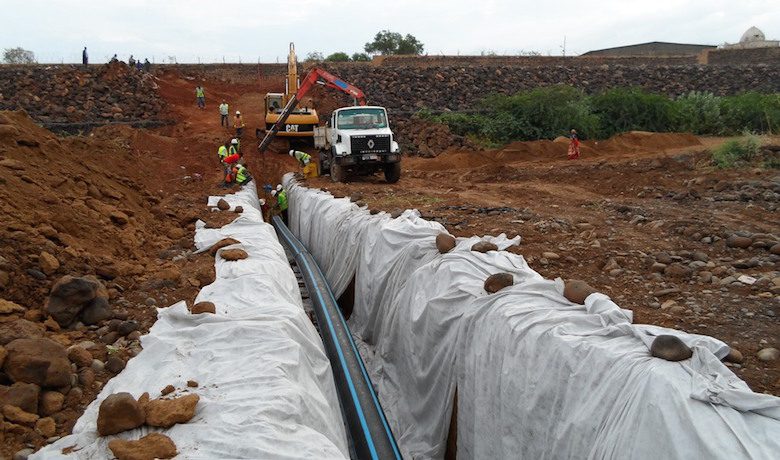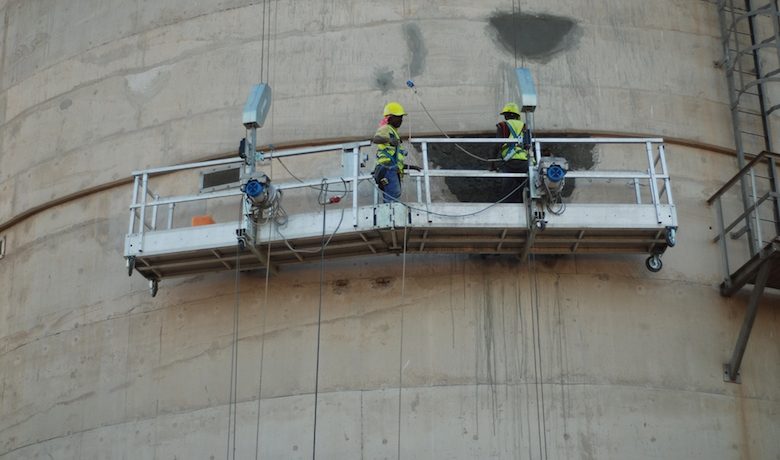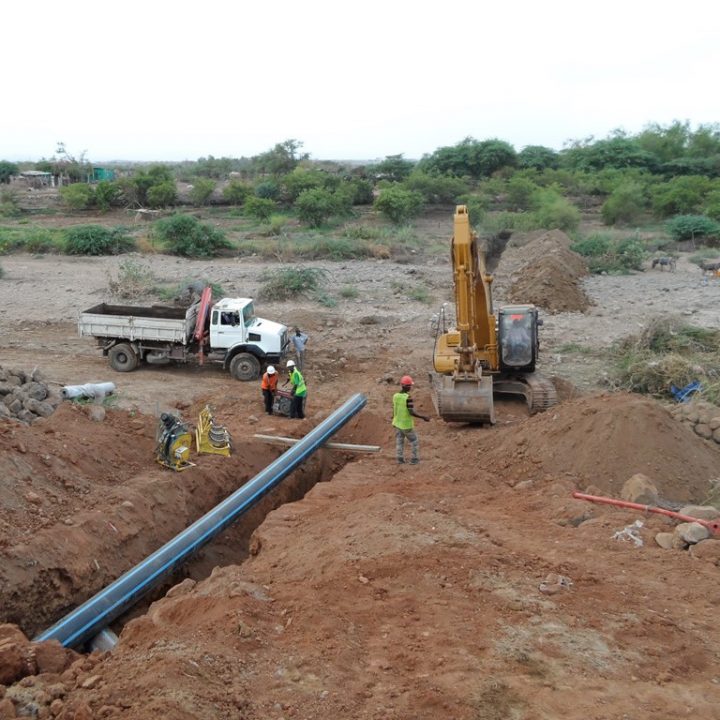BACKGROUND
Djibouti ranks second among countries with the fewest water resources per inhabitant. This is a country that has no rivers, no lakes, and no access to fresh water except for some groundwater.
The drinking-water network was built prior to Djibouti’s independence in the 1970s. The country’s population is on the rise as refugees arrive from neighbouring countries at war. As a result, upgrades to the water network were needed to ensure its effectiveness.
This project is part of Djibouti’s social development initiative. The initiative targets regions where the poverty rate ranges from 62 to 72%. As for the proportion of access to sanitation, it is estimated to be 25% on average across the country. These figures are well below the United Nations’ Millennium Development Goals.










